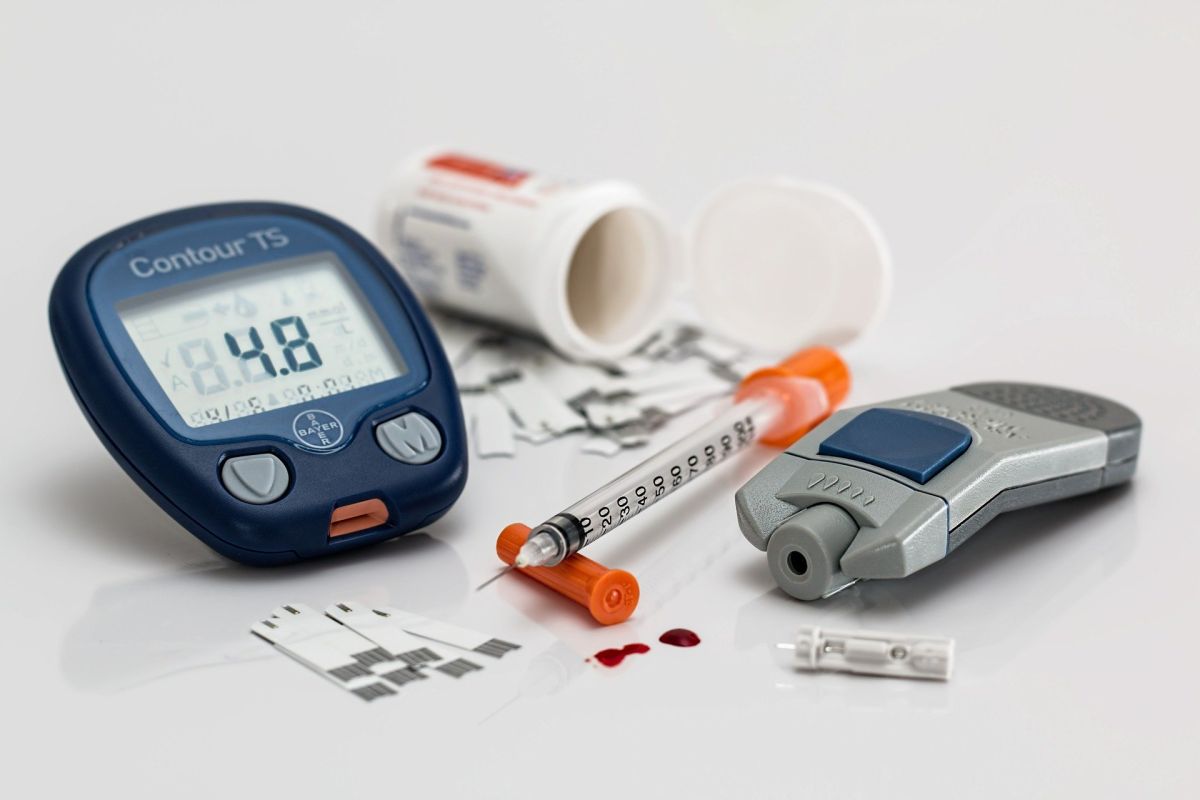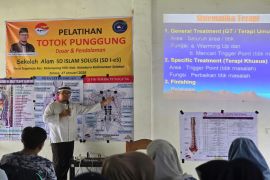Jakarta (ANTARA) - The Indonesian Pediatrician Association (IDAI) highlighted the need for education and public awareness to overcome the stigma against children with diabetes, especially type 1 diabetes.
Chairman of IDAI Prof Dr Aman Bhakti Pulungan drew attention to the prevalent stigma against children with diabetes, especially in schools or among children, as they need special care. Several people harbor concerns that children with diabetes can pass on their disease to others.
"The biggest challenge is how the environment can accept them (children with diabetes) as normal people since they have the right to do anything and be anything. This is the main aspect," Pulungan stated at an online media conference and recorded here on Tuesday.
Related news: Vaccination coverage among RA, madrasah teachers at 52%: ministry
The doctor noted that the stigma ultimately affects the psychology of pediatric patients in the way they perceive and accept themselves.
"Treating them medically may not be difficult. However, to make them feel like normal people in general, it was much more difficult. Children with diabetes tend to be treated differently from other people when they are at school," the doctor expounded.
"We must understand that they can still realize their dreams in future. However, (the stigma) against them is still the most challenging issue. Hence, we need to increase education and awareness among members of the public that children with diabetes have the right to lead a normal life," he affirmed.
Diabetes can affect people of all age groups, including children and adolescents. Type 1 diabetes is a type of diabetes that is more common in children and adolescents. However, this type of diabetes can also sometimes affect infants, toddlers, and adults.
Related news: SOE targets administering six million doses at vaccination centers
Type 1 diabetes is caused by an autoimmune disorder in which a child's immune system damages or destroys its own pancreas, resulting in impaired pancreatic function.
The disorder causes children with this type of diabetes to produce little or no insulin. This condition can cause blood sugar levels to increase and gradually damage organs and body tissues.
Based on IDAI's data, cases of diabetes among those up to 18 years of age in Indonesia had increased to over one thousand in the last decade.
Related news: Indonesia accelerates vaccination drive to achieve herd immunity
Related news: Indonesia administers 96.5 million vaccine to public: Indrawati










